Bulgarians march on parliament against newly-formed pro-Western government
Bulgarians have gathered in front of the parliament building in the capital Sofia to express their anger over the newly-elected pro-NATO and pro-EU government.
Protesters, mostly the party 'Vazrajdane' and other left-wing groups, on Tuesday booed leaders, including President Rumen Radev, at the entrance of the parliament building. Ukrainian Ambassador Olya Ilashchuk was also greeted with boos.
Formed after a series of early parliamentary elections, the new government unites the pro-EU and NATO political coalitions GERB/SDS and PP/DB.
The protesters said that the appointment of the new government was against the will of the citizens, as the coalition parties had promised their voters not to form a coalition.
The protest came amid a controversy caused by the release of a recorded file of internal conversations in the “We Continue to Change” party, which was supposed to reach an agreement with the conservative GERB party on formation of a government as per a mandate by the president.
Radev called the mandate "discredited" and called on Prime Minister-designate Nikolai Denkov to reconsider the formation of the government after tapes emerged of the party discussing administrative appointments with foreign embassies in which he talked about replacing the heads of the Secret Service.
Bulgaria is a member of the European Union and the US-led NATO military alliance, but it also has a long history of close ties with Russia.
Over the past two years, it has been ruled by technocratic caretaker governments, fueling political instability in the East European country.
Bulgaria has refused to toe the line of other NATO members in getting fully involved in the Ukraine military conflict.
Snap parliamentary elections were held in Bulgaria earlier this month, with analysts predicting the results could influence Bulgaria’s position on the war.
The central-right bloc GERB-SDS, led by former Prime Minister Boyko Borisov, won the elections, with the centrist bloc comprising 'We Continue the Change' (PP) and Democratic Bulgaria (DB) taking the second place.
Both parties share pro-European, pro-NATO positions and strong support for Ukraine.
The far-right Revival party, which ended up in third place in the polls, is seen as sympathetic to Russia.
Israeli-approved ‘traders’ allowed to profit from Gaza aid barred from humanitarian NGOs: Report
VIDEO | Beyond the battlefield: General Soleimani’s strategic and diplomatic legacy
VIDEO | Press TV's news headlines
VIDEO | Palestinians in West Bank fear more escalation as New Year arrives
VIDEO | Pakistani MPs pay tribute to Gen. Soleimani on his martyrdom anniversary
VIDEO | Artisans in India’s Rajasthan keep Indo-Persian legacy alive
Muslim states slam Israel for hindering aid to Gaza
NYC Mayor Mamdani vows to govern ‘audaciously’, revokes Israel-related orders


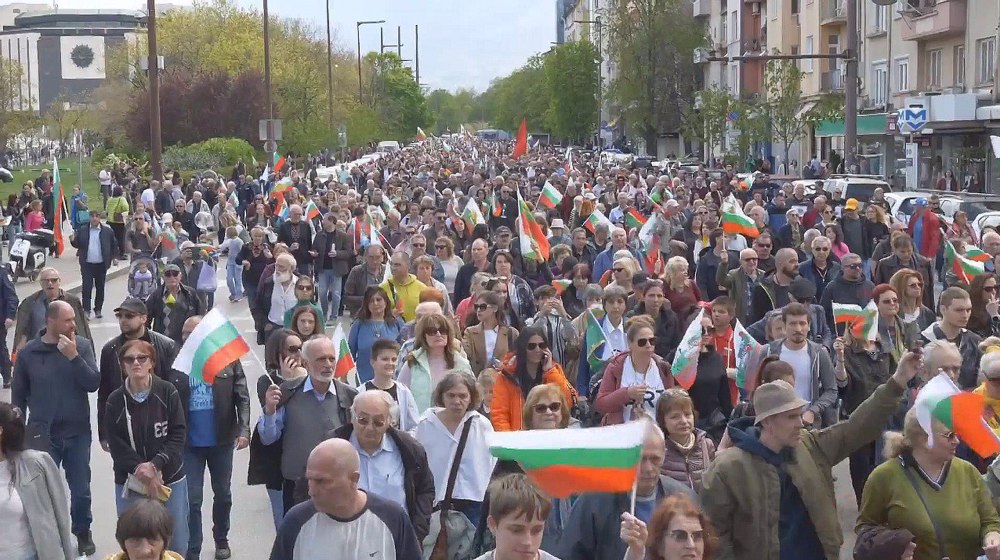

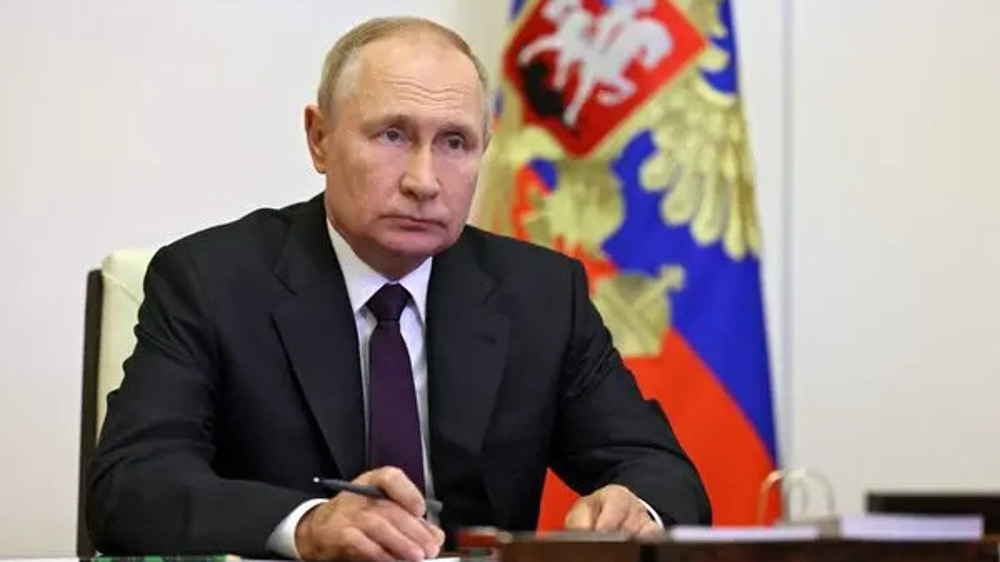
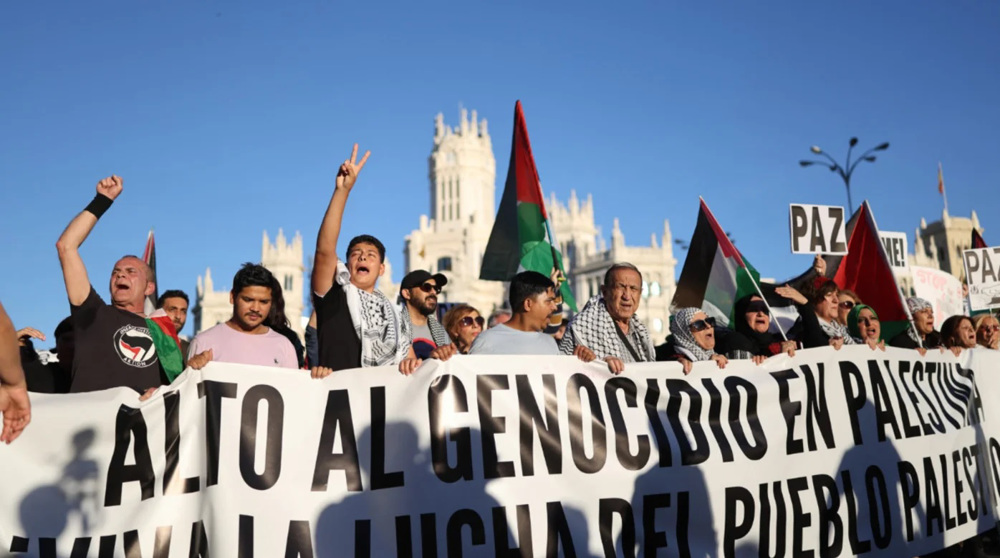



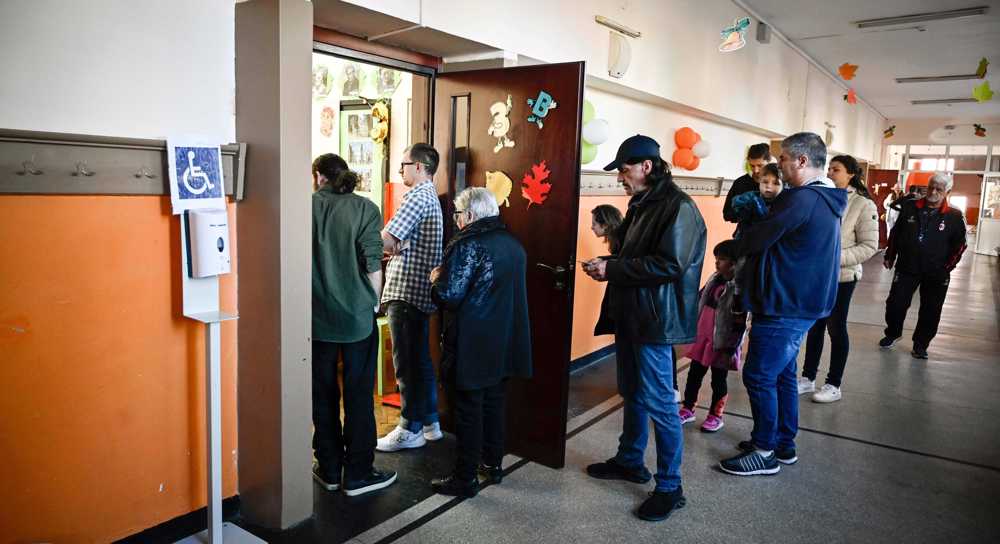
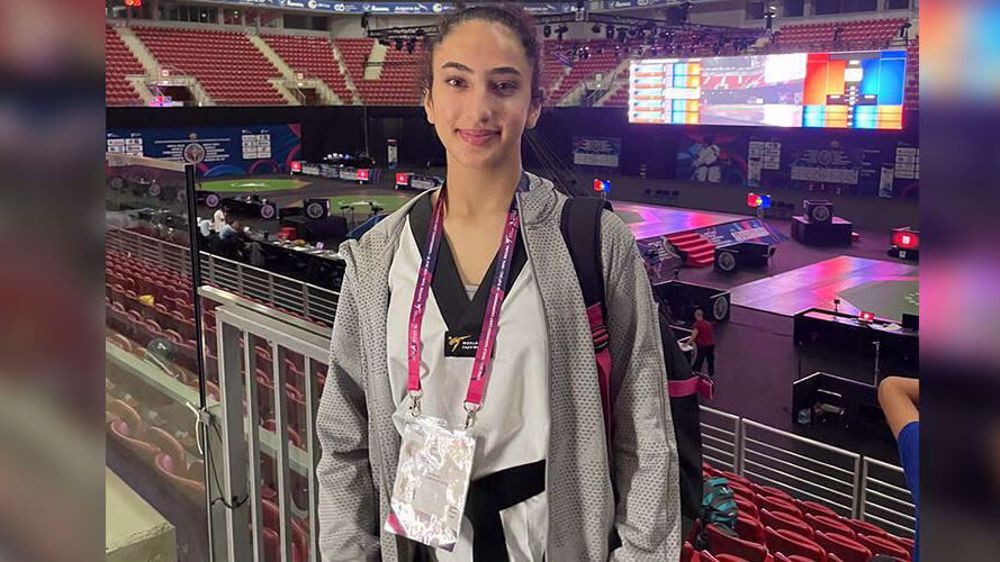

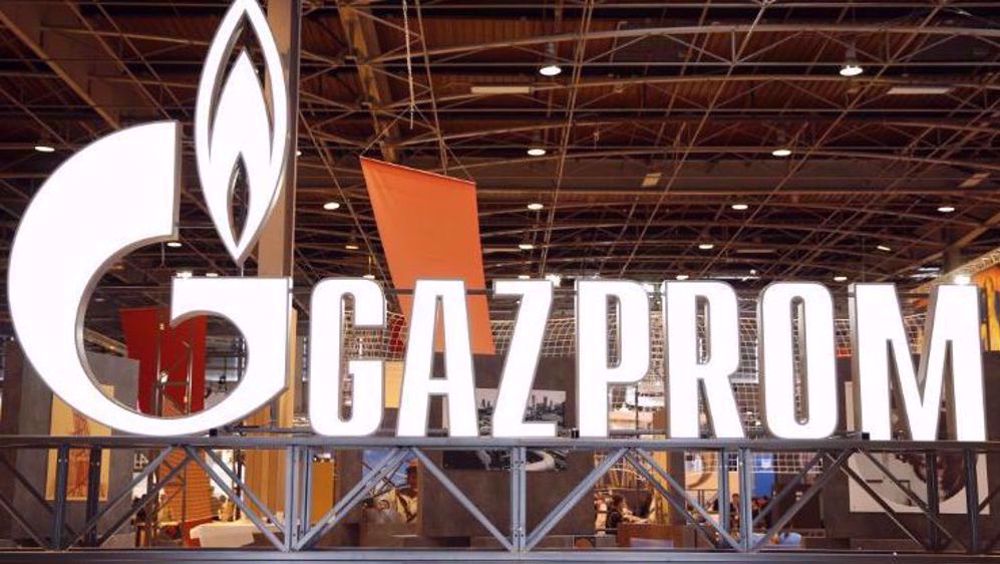


 This makes it easy to access the Press TV website
This makes it easy to access the Press TV website